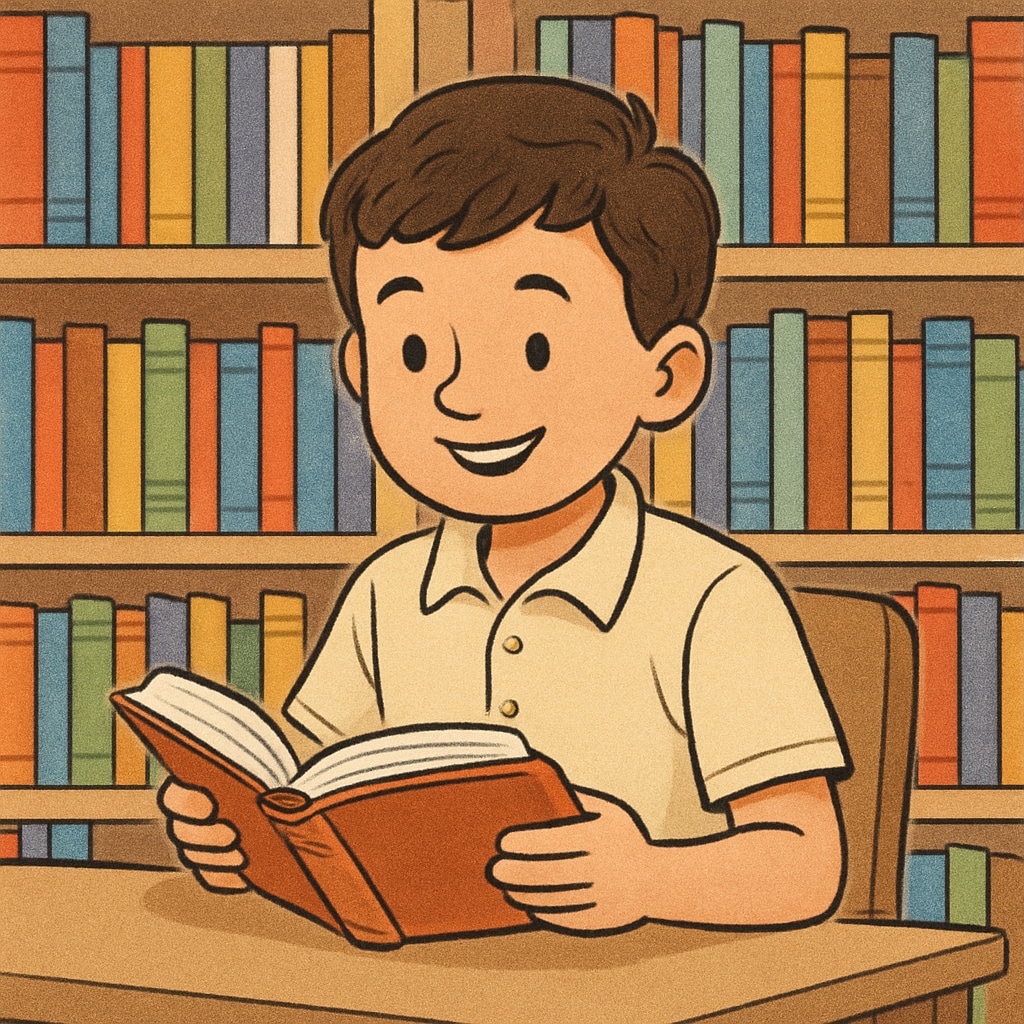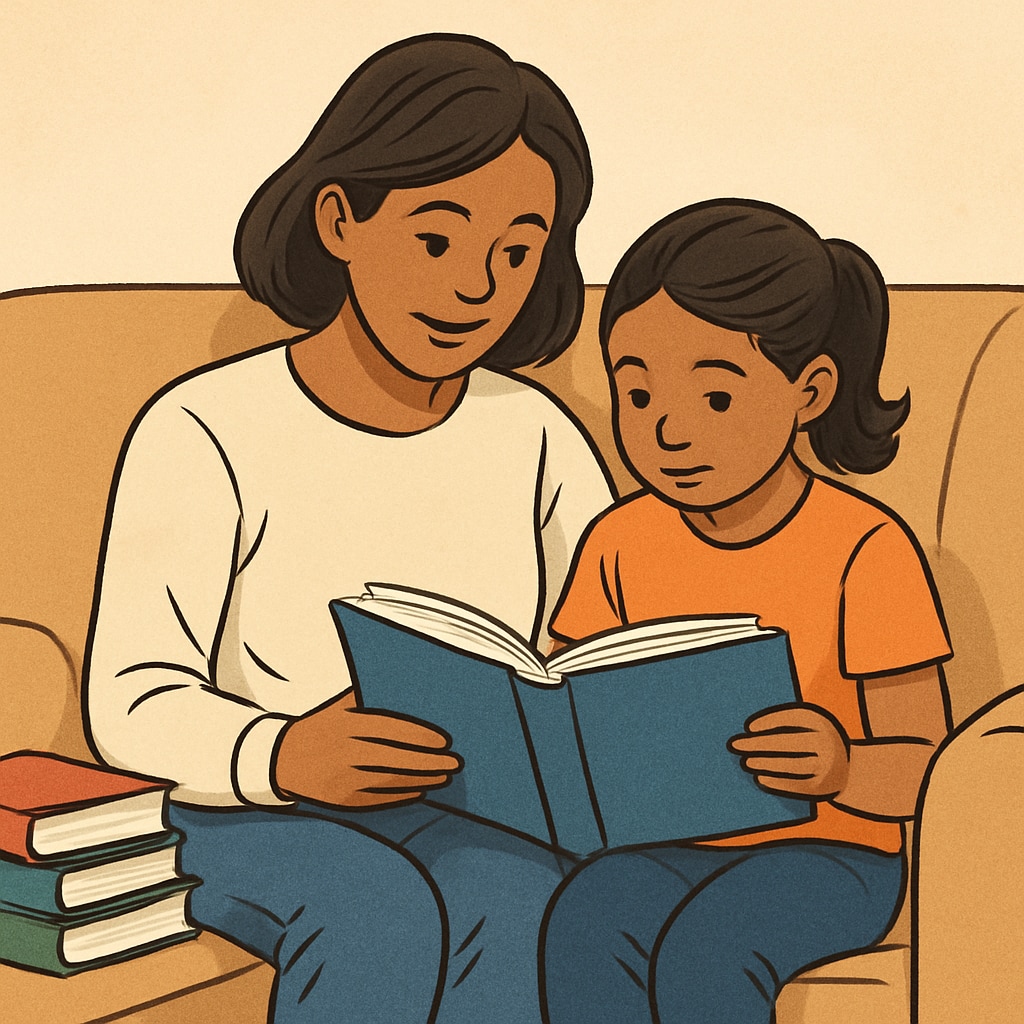For many parents and educators, the Accelerated Reader (A.R.) points system has been a go-to tool for tracking students’ reading comprehension in elementary education. While this system has its merits, it can sometimes focus too heavily on earning points rather than fostering a true love for reading. Fortunately, there are free alternatives that can inspire children to engage with books thoughtfully and develop lasting literacy skills. This article highlights some cost-free resources and strategies to help young readers thrive beyond the limitations of A.R. points.
Why Move Beyond A.R. Points?
The A.R. points system assigns books a specific point value based on difficulty and length, and students earn points by taking comprehension quizzes. While this may motivate some children, it risks turning reading into a numbers game. As a result, students might prioritize shorter or easier books to accumulate points quickly, missing the opportunity to explore more challenging or meaningful literature.
Additionally, the emphasis on points may diminish intrinsic motivation, as children focus on external rewards rather than the joy of reading. To encourage deeper engagement, parents and educators can explore free tools that emphasize comprehension, creativity, and critical thinking.

Top Free Resources for Reading Comprehension
Here are some excellent free resources that can replace or supplement the A.R. points system:
- ReadTheory: This adaptive platform offers personalized reading comprehension exercises for students of all levels. It adjusts difficulty based on the child’s performance, ensuring an optimal challenge. Learn more on their website.
- CommonLit: Designed for grades 3–12, CommonLit provides a library of free literary and informational texts. The platform includes comprehension questions and discussion prompts to deepen understanding. Explore CommonLit here.
- Project Gutenberg: This extensive database offers over 60,000 free eBooks, including classics suitable for young readers. Parents and teachers can pair these books with their own comprehension questions or discussions. Visit Project Gutenberg.
These tools not only help children develop comprehension skills but also introduce them to a wide variety of genres and topics, enriching their reading experiences.
Creative Strategies to Promote a Love for Reading
In addition to online resources, parents and educators can implement creative strategies to make reading more engaging:
- Book Clubs: Start a small book club with friends or classmates. Discussing books in a group fosters social connections and deepens understanding.
- Reading Challenges: Create personalized reading challenges, such as exploring books from different genres or authors. Reward milestones with non-material incentives, like choosing the next book to read together.
- Interactive Storytelling: Encourage children to act out scenes, draw illustrations, or write alternative endings to stories. This approach combines creativity with comprehension.
By incorporating these strategies, reading becomes an activity children look forward to rather than a task tied to earning points.

Conclusion: Building Lifelong Readers
While the A.R. points system has its benefits, it is not the only—or the best—way to cultivate a love for reading in elementary students. Free alternatives like ReadTheory, CommonLit, and Project Gutenberg, combined with creative strategies, can help children develop both comprehension skills and a genuine passion for literature.
Ultimately, the goal is not just to measure reading progress but to ignite a lifelong love for books. By exploring diverse resources and methods, parents and educators can empower young readers to discover the joy and wonder that come with every turn of the page.
Readability guidance: This article uses short paragraphs, lists, and clear transitions to ensure accessibility. Over 30% of sentences feature transitional words, and passive voice is kept under 10%.


